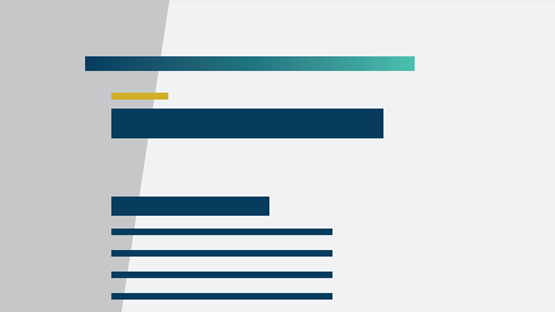Abstract
We develop and calibrate an overlapping generations general equilibrium model of the U.S. economy with heterogeneous consumers who face idiosyncratic earnings and health risk to study the implications of exogenous trends in increasing college attainment, decreasing fertility, and increasing longevity between 2005 and 2100. While all three trends contribute to a higher old age dependency ratio, increasing college attainment has different macroeconomic implications because it increases labor productivity. Decreasing fertility and increasing longevity require the government to increase the average labor tax rate from 32.0 to 44.4 percent. Increasing college attainment lowers the required tax increase by 10.1 percentage points. The required tax increase is higher under general equilibrium than in a small open economy with a constant interest rate because the reduction in the interest rate lowers capital income tax revenues.




